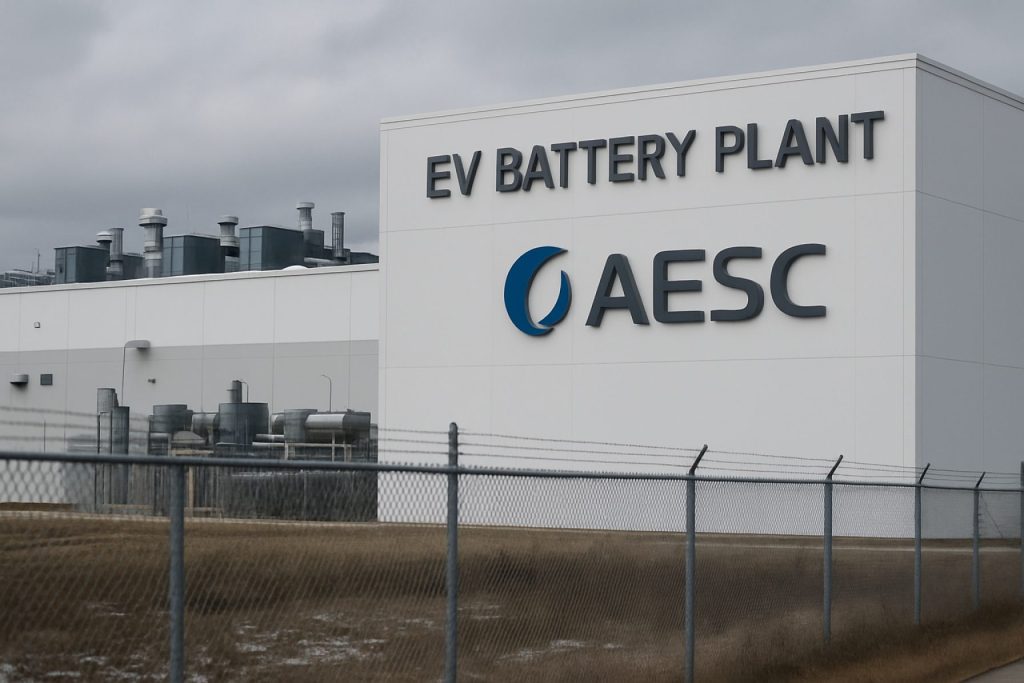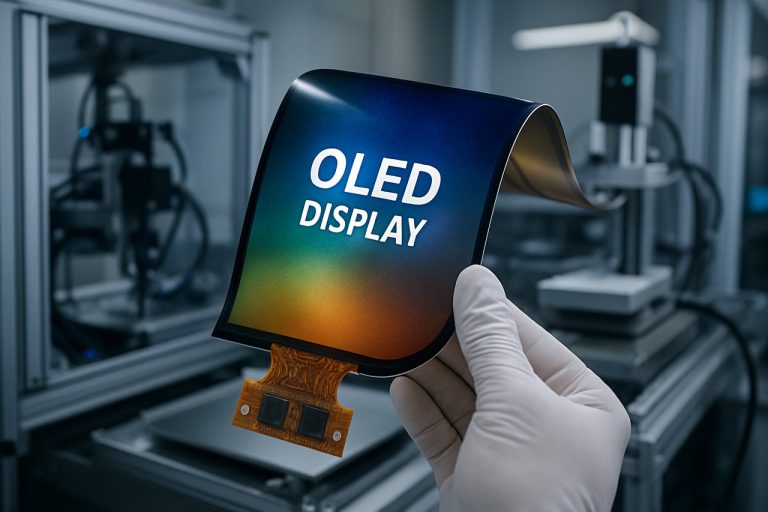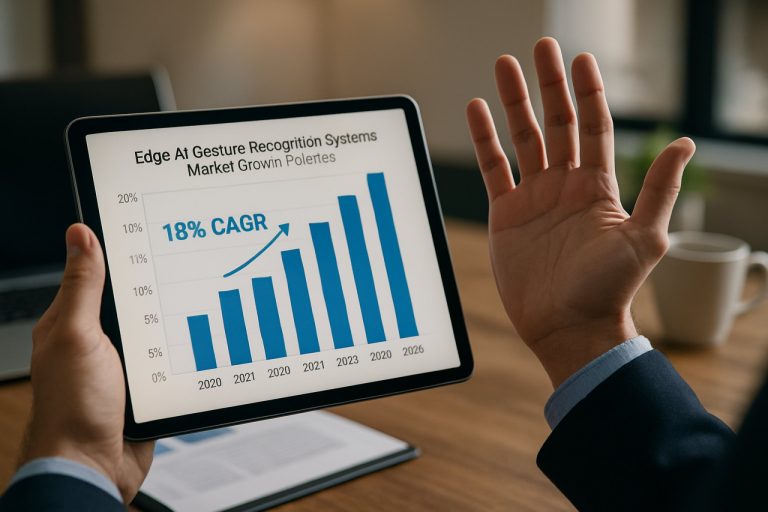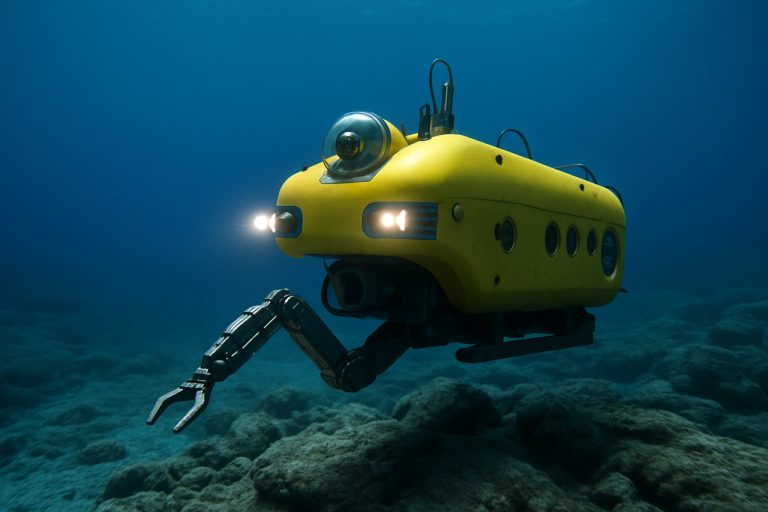
Stunning Twist: Billion-Dollar EV Battery Plant Halted in Kentucky Amid 2025 Policy Uncertainty and Market Shifts
AESC pauses its blockbuster Florence plant, raising questions about the future of EV incentives, jobs, and American car manufacturing.
- $1.6 billion: Value of AESC’s paused battery cell project in South Carolina
- 1,600 jobs: Direct employment the Florence plant would have created
- $1 billion: Already invested before halt
- 2026: Plant was set to supply BMW’s local operations
AESC, a major Japanese EV battery manufacturer, just hit the brakes on its highly anticipated $1.6 billion factory project in Florence, South Carolina. With construction abruptly suspended, the future of EV manufacturing jobs and U.S. electric vehicle ambitions now hangs in the balance.
The move comes on the heels of political turmoil and market jitters—especially concerns about a rollback of federal tax incentives for EV buyers and corporate manufacturers. The company, which is ultimately owned by a Chinese parent, declared that “policy and market uncertainty” made construction plans too risky to continue for now.
Why Did AESC Halt the Mega-Project?
- Uncertainty around federal and state tax breaks as the new US administration shifts policies in 2025.
- Weakening American demand for new electric vehicles in the face of fluctuating consumer confidence and high interest rates.
- A “pause” was chosen over cancellation—AESC stated the project could restart if conditions stabilize.
Local leaders have pointed fingers at Washington, arguing that the potential end of lucrative tax incentives makes America less attractive for high-tech manufacturing. Many worry this could hamper President Trump’s efforts to ramp up domestic EV and battery production.
How Does This Impact U.S. Jobs and the Auto Industry?
With 1,600 direct jobs on ice and billions in local investment at risk, South Carolina faces a critical setback. Economists warn this pause could ripple through local suppliers, construction firms, and regional logistics networks.
Companies like BMW and AESC have tried to reassure the public: BMW says it will still open its planned battery pack assembly facility in Greer by 2026, even if cell manufacturing is disrupted. However, the freeze casts doubt on how quickly—if at all—America can build a resilient, homegrown EV supply chain amid global competition.
Where Else Is AESC Investing?
- AESC already runs an operating battery plant in Tennessee.
- Construction continues on another site in Kentucky.
- New facilities are opening in France and across Europe, signaling the company’s strategic shift in response to uncertain U.S. business conditions.
What’s Next for the U.S. EV Market?
Analysts say the suspension signals a potential pause in America’s momentum for large-scale EV battery production, especially if policy instability continues. Experts highlight that stable, long-term government incentives and sustained consumer demand will shape whether halted projects like Florence restart—or quietly disappear.
Meanwhile, Europe races ahead, with AESC’s new French factory already producing battery cells for local automakers. Industry watchers urge the U.S. to act swiftly if it wants to keep up in the global electric vehicle arms race.
Q&A: What Should Stakeholders Do Now?
- Q: Are other battery projects at risk?
A: Yes. Delays or pullbacks could hit recent announcements in Michigan, Georgia, and elsewhere if uncertainty persists. - Q: Will consumers see higher EV prices?
A: Possibly—if supply chain delays push up costs or limit availability. - Q: How can businesses adapt?
A: By diversifying suppliers, investing in lobbying, and hedging investments across stable, incentive-rich regions domestically and abroad.
How to Prepare for the Changing EV Manufacturing Landscape in 2025
- Monitor government incentive programs and updates closely.
- Explore partnerships with global battery suppliers in stable regions.
- Stay agile with workforce and procurement planning to respond quickly to market shifts.
- Engage in industry discourse and advocacy through platforms like Just Auto Excellence Awards and similar forums.
Stay ahead—track policy shifts, invest wisely, and position your business for the next wave of EV innovation.
Quick Checklist to Navigate Uncertainty:
- ✔ Review current supplier contracts for flexibility
- ✔ Audit your EV incentive eligibility and anticipated policy changes
- ✔ Invest in workforce cross-training for rapid pivots
- ✔ Subscribe to daily industry news for real-time insights
- ✔ Nominate your company for innovation awards to enhance visibility



